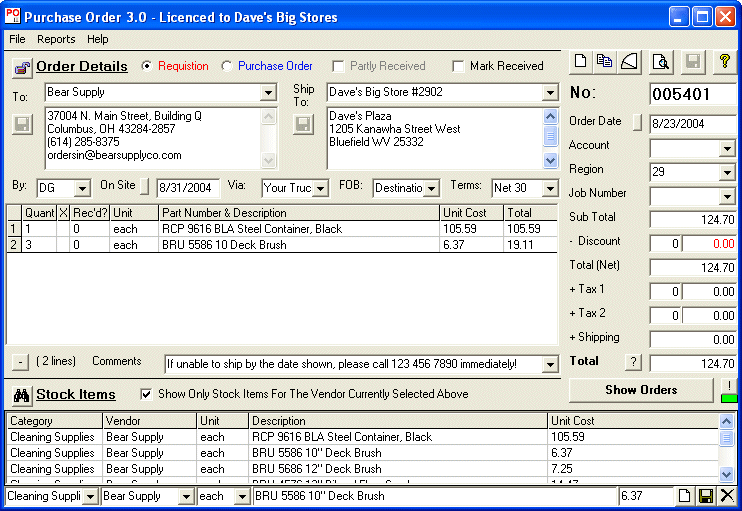As businesses increasingly rely on digital solutions for their procurement processes, ensuring compliance and security in online purchase order systems has become paramount. With the growing volume of sensitive data being processed and shared, businesses must address compliance with regulations and implement robust security measures to protect against data breaches and cyber threats. In this guide, we’ll explore the key considerations for navigating compliance and security in online purchase order systems and outline best practices that every business should follow.
When it comes to compliance and security in online purchase order systems, choosing the right provider is crucial. At cloudb2b.co.uk, we prioritize compliance and security in our online purchase order systems to ensure the protection of our customers’ sensitive data.
1. Regulatory Compliance
One of the primary considerations for businesses using online purchase order systems is regulatory compliance. Depending on the industry and location, businesses may be subject to various regulations governing data privacy, security, and electronic transactions. It’s essential to choose an online purchase order system that complies with relevant regulations such as GDPR, HIPAA, PCI DSS, and others. Additionally, businesses should regularly review and update their processes to ensure ongoing compliance with changing regulations.
2. Data Security
Data security is paramount in online purchase order systems, as they often handle sensitive information such as financial data, vendor details, and product specifications. Businesses should implement robust security measures to protect against unauthorized access, data breaches, and cyber attacks. This includes encryption of data in transit and at rest, multi-factor authentication for user access, regular security audits and assessments, and employee training on cybersecurity best practices. Additionally, businesses should ensure that their online purchase order system provider follows industry-standard security protocols and has proper data protection measures in place.
3. User Access Controls
Controlling access to the online purchase order system is essential for maintaining security and compliance. Businesses should implement user access controls to restrict access to sensitive data and functionalities based on roles and responsibilities. This ensures that only authorized users can view, create, modify, and approve purchase orders, reducing the risk of data breaches and fraud. Regularly reviewing and updating user access permissions is also necessary to reflect changes in employee roles and responsibilities.
4. Audit Trails and Monitoring
Audit trails and monitoring capabilities are essential for maintaining accountability and detecting security incidents in online purchase order systems. Businesses should enable audit logging to track user activities, changes to purchase orders, and system configurations. Monitoring tools should be used to detect suspicious behavior, unauthorized access attempts, and anomalies in system usage. Regularly reviewing audit logs and monitoring reports allows businesses to identify security risks proactively and respond to incidents promptly.
Conclusion
Compliance and security are critical considerations for businesses using online purchase order systems. By prioritizing regulatory compliance, implementing robust data security measures, enforcing user access controls, and maintaining audit trails and monitoring capabilities, businesses can mitigate risks and protect their sensitive data. As businesses continue to embrace digital solutions for procurement processes, ensuring compliance and security in online purchase order systems should be a top priority for every organization.
Discover how cloudb2b.co.uk can help your business navigate compliance and security challenges with our secure and compliant online purchase order systems.

